Scholar and historian is hailed for his original works that have been lost over time, but researchers are dedicated to breathing new life into his legacy, Wang Xin reports.
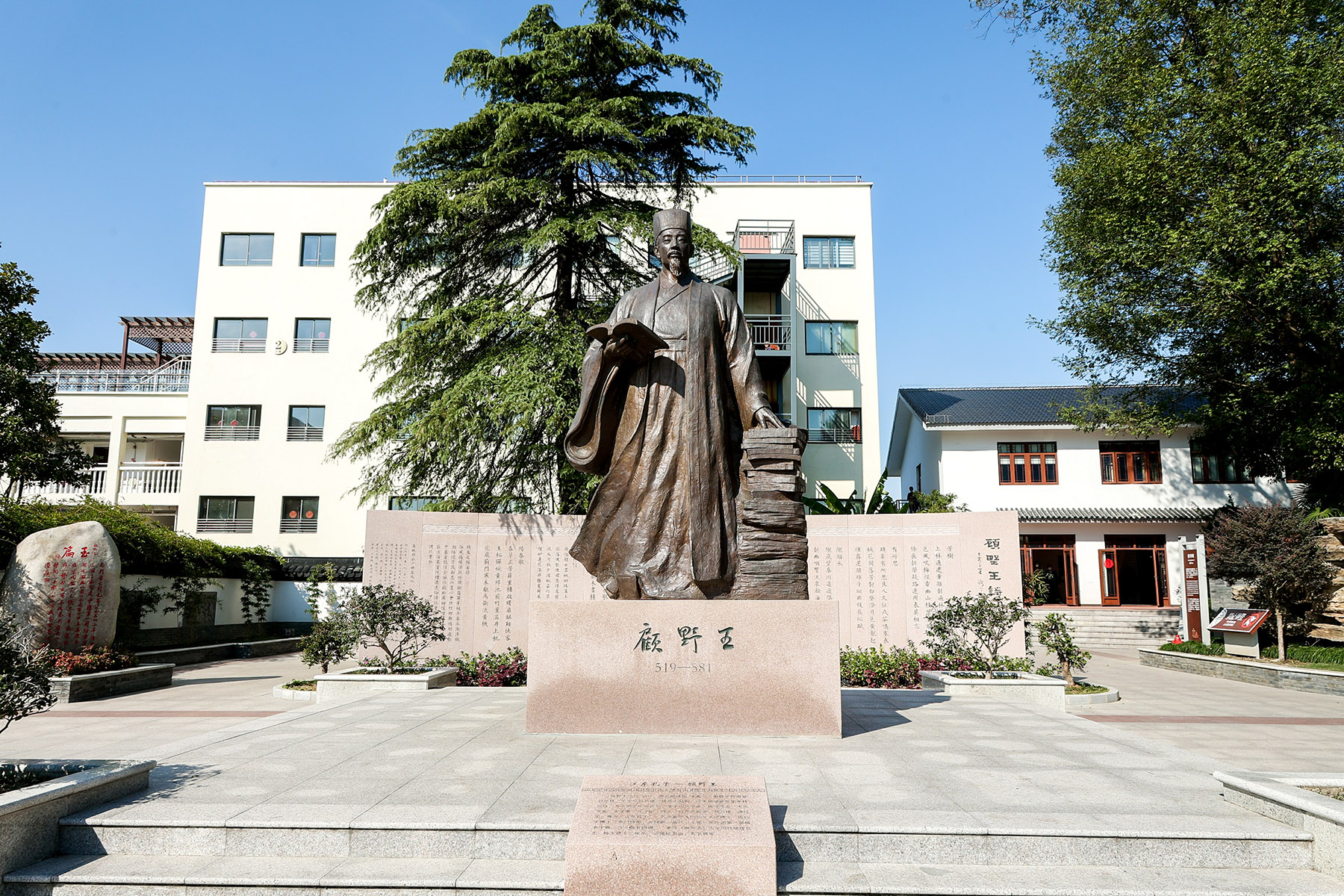
While most people are familiar with Confucius, few are aware of the existence of "Jiangdong Confucius" in the Yangtze River Delta region, a notable forefather of the Gu family that is spread across the area.
Gu Yewang (519-581), originally known as Gu Tilun, was a senior official, and a renowned geographer, philologist and historian who lived during the Liang (502-557) and Chen (557-589) dynasties.
Dubbed "the Confucius" of the eastern region of the lower reaches of the Yangtze River in a Song Dynasty (960-1279) poem, Gu is seen as an encyclopedic master of culture, who has cultivated and influenced a large number of renowned scholars, poets, artists, and others in ancient China.
Among his dazzling achievements are the remarkable Yu Pian, or Jade Chapters, China's first regular-script dictionary, and Yudi Zhi, or A Gazetteer of Ancient China, a rare national geographical gazetteer from the 3rd to 6th centuries.
Although most of Gu's original works have been lost over time, citations and other later records solidly prove their existence and profound influence, continuously drawing crowds to Tinglin town in Shanghai's Jinshan district, where Gu once lived.
Jiang Zhiming, 63, head of Shanghai's Gu Yewang Research Institute since 2016, was born in Tinglin and has been engaged in the education sector for several decades. He has chosen to fully dedicate himself to researching Gu.
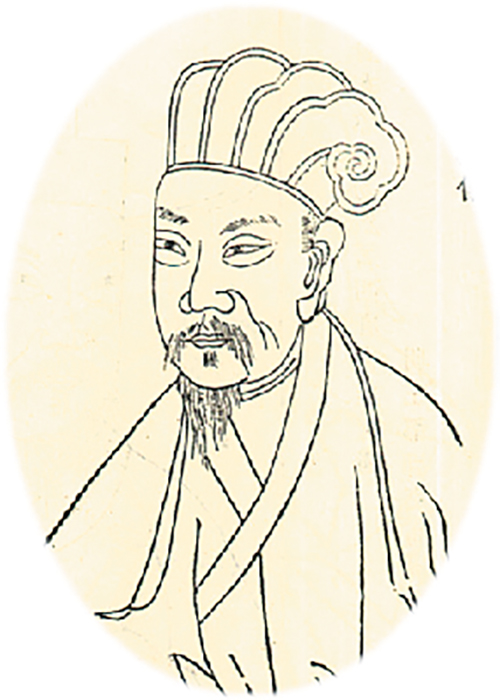
Jiang shares that Tinglin town boasts a long history, and the story between the town and Gu's distinguished family dates back even earlier to his ancestors. Gu traced his own ancestry to Gu Yong (168-243), the grand chancellor to Sun Quan, the king of the Wu State, during the Three Kingdoms (220-280) era. Tinglin is the hometown of Gu Yong, and is also where Gu Yewang lived for many years, completing many works.
"Born in a distinguished and growing family, Gu Yewang was talented and studious since his childhood, and started writing essays at age 9. He changed his name to Yewang after Feng Yewang, an accomplished mandarin scholar who lived during the Han Dynasty (206 BC-AD 220)," says Jiang.
Gu Yewang lived up to his name. During the Northern and Southern Dynasties (420-589), the coexistence and integration of various ethnic groups led to confusion in the use of written characters. Buddhism also introduced numerous new characters and terms. The translation of these various script styles, from seal script and clerical script to regular script, created gaps in daily reading and writing.
In such a context, the very young Gu Yewang was assigned the imperative task of standardizing character forms and unifying standards. He spent five years completing it, finishing the masterpiece Yu Pian at the age of 24.
It is particularly worth noting that the ancient dictionary does not only have profound influence passed down through generations and eras in China, but has also greatly influenced the languages and cultures of some other nations, such as South Korea and Vietnam, according to He Huazhen, professor and deputy director of the Research Center for the Civilization of Chinese Characters at Zhengzhou University.
"Yu Pian is a bridge connecting China and other nations that used Chinese characters. As a carrier of Chinese classics, it can be seen as a cultural heritage shared by all of Asia, providing the footprints for spreading and localizing Chinese characters," says He.
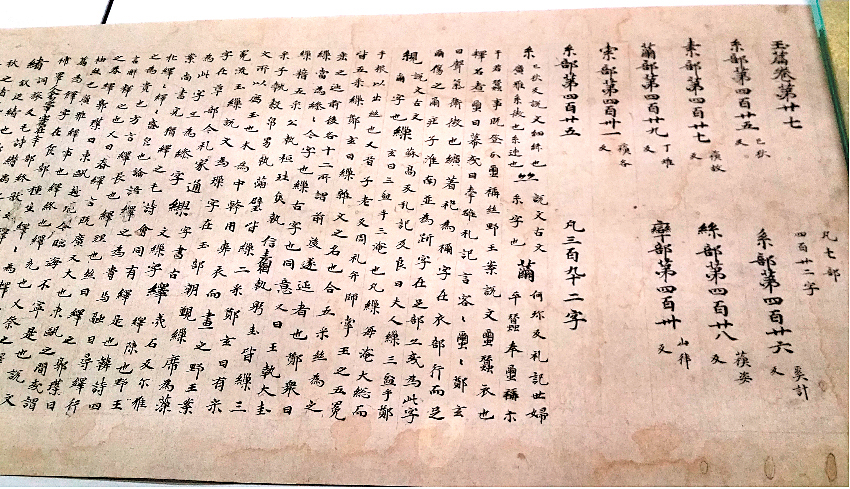
He adds that Chinese characters serve as the basis of the languages, and then books, cultures, philosophies, and social and political systems. In East Asia, there is a unique cultural phenomenon known as "writing conversations", which allows people who speak different languages to communicate through writing.
This idea echoes Gu Yewang's words recorded in the preface of the book thousands of years ago, saying that characters can cross time and space, enabling rites and systems to be passed on, while making thoughts and emotions possible to be conveyed.
"The wide expansion of the dictionary and Chinese characters demonstrates the prosperity of ancient China, and it is still boosting the development of the Sinosphere. We, as researchers, feel inspired to shoulder the mission and responsibility to explore its roots, as well as the future innovation of Chinese characters and culture," He adds.
Li Shan, associate professor at the School of Geographic Sciences of East China Normal University, is another who was inspired by Gu Yewang and his work Yudi Zhi.
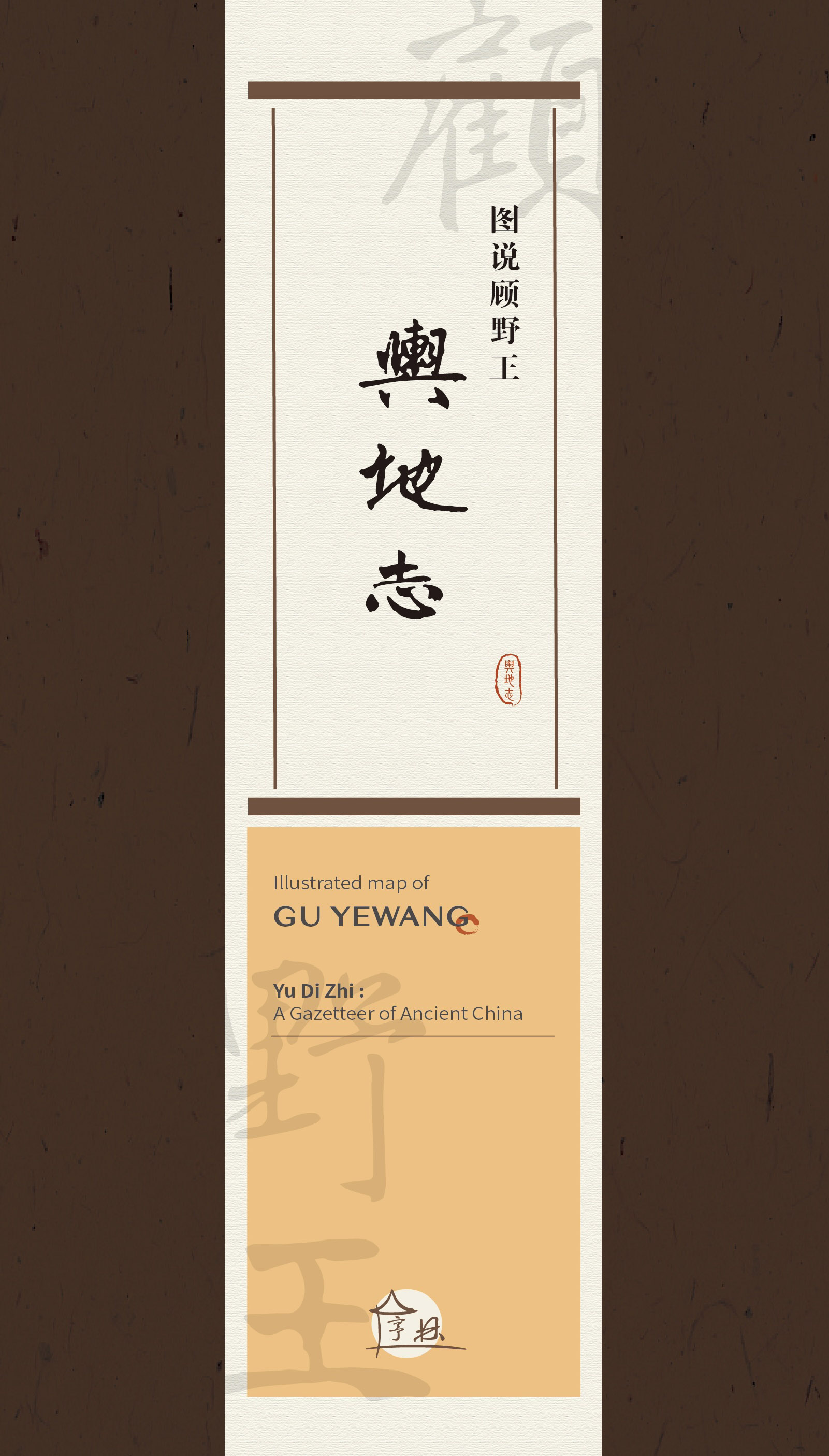
Unlike Yu Pian, Yudi Zhi has even fewer existing fragments of the original book; thus, it is more difficult to sort out its information through citations. With great effort, Li's team managed to collect nearly 640 pieces of original items, including diverse content — places and names, natural landscapes, such as mountains and rivers, and buildings and infrastructure. Li says they will present the restored items through an illustrated map, making it easier for the public to understand the masterpiece.
Li says he also gained a new understanding of Gu Yewang as he sorted through the book, "Although Gu Yewang is more known as a knowledgeable literatus, he possessed a warrior's spirit at his core. When his nation was in trouble, this patriotic man organized militiamen to protect his country.
"In troubled times, he still overcame the odds and completed a national geographical gazetteer. I see it as his deep love for his home country, and also another effort to unite the people culturally," Li adds.
Upon studying Gu Yewang for nearly a decade, Jiang points out that his descendants have passed on the noble characters. Some of his notable descendants include poet Gu Kuang of the Tang Dynasty (618-907), thinker Gu Yanwu of the late Ming and early Qing dynasties, diplomat Gu Weijun (1888-1985), and scientist and educator Gu Yuxiu (1902-2002).
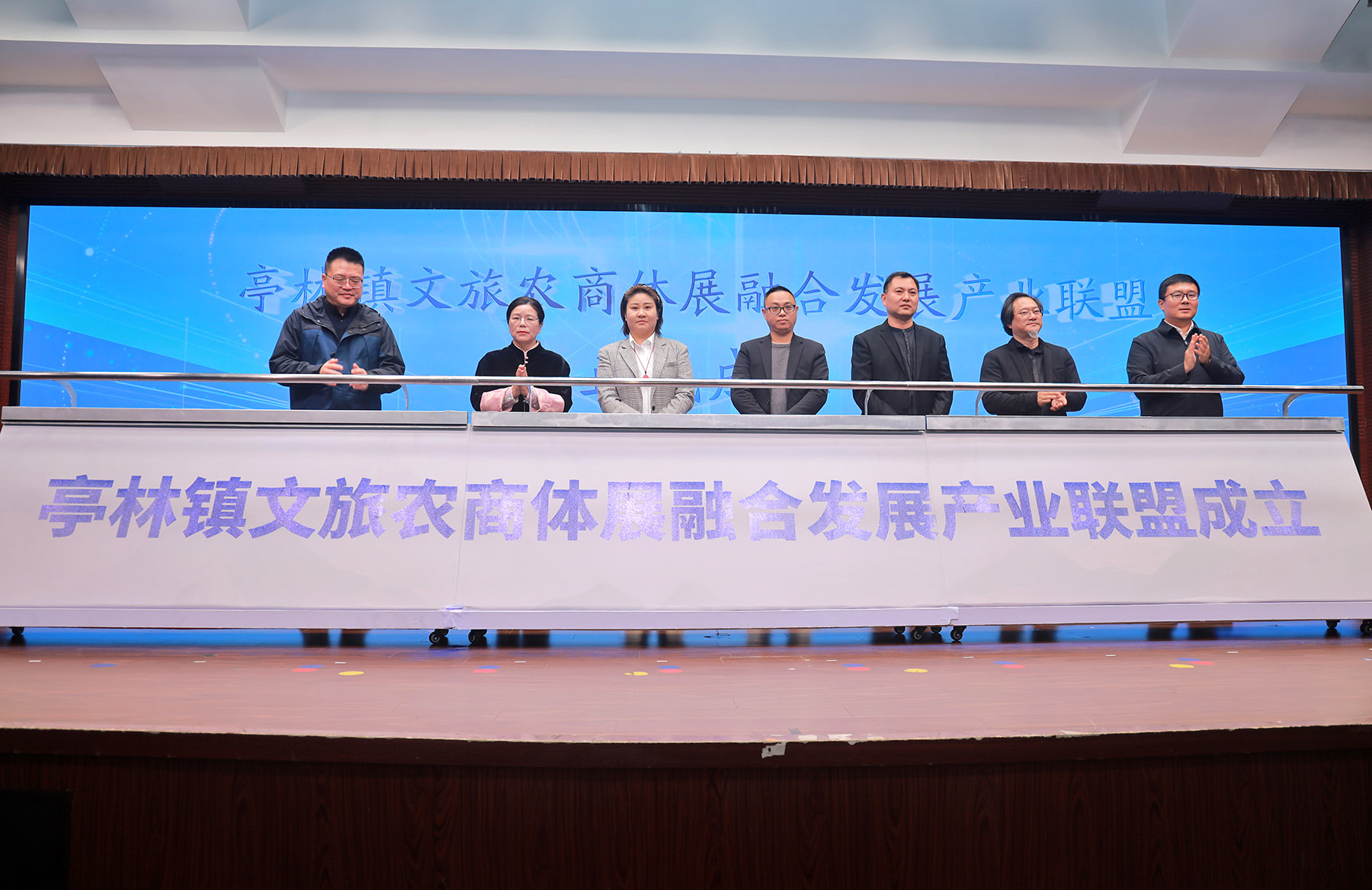
Recently, two of Gu's descendants were appointed as cultural tourism promotion ambassadors of Gu Yewang culture during an event held in Tinglin town on Nov 17, another of the town's efforts to protect and promote the cultural legacy of the renowned figure.
Since 2019, the town has organized big cultural celebrations and built cultural landmarks in memory of Gu Yewang, such as statues, plazas, libraries, parks, experience halls, and other cultural tourism routes and activities. This May, an asteroid, officially numbered 519,419, was named in honor of Gu Yewang, announced the Purple Mountain Observatory of the Chinese Academy of Sciences.
Taking on the new role of promotion ambassador, the much-lauded contemporary Kunqu Opera singer Gu Weiying feels even more motivated beyond being a descendant.
"The elegance of Kunqu Opera and the literary heritage of Tinglin are inseparable. Hopefully, we can adapt Gu Yewang's story into Kunqu Opera, bringing such brilliant traditional culture to life with both sound and color and, more importantly, bring his importance and Tinglin town to the world," says Gu.
Contact the writer at wangxin2@chinadaily.com.cn


